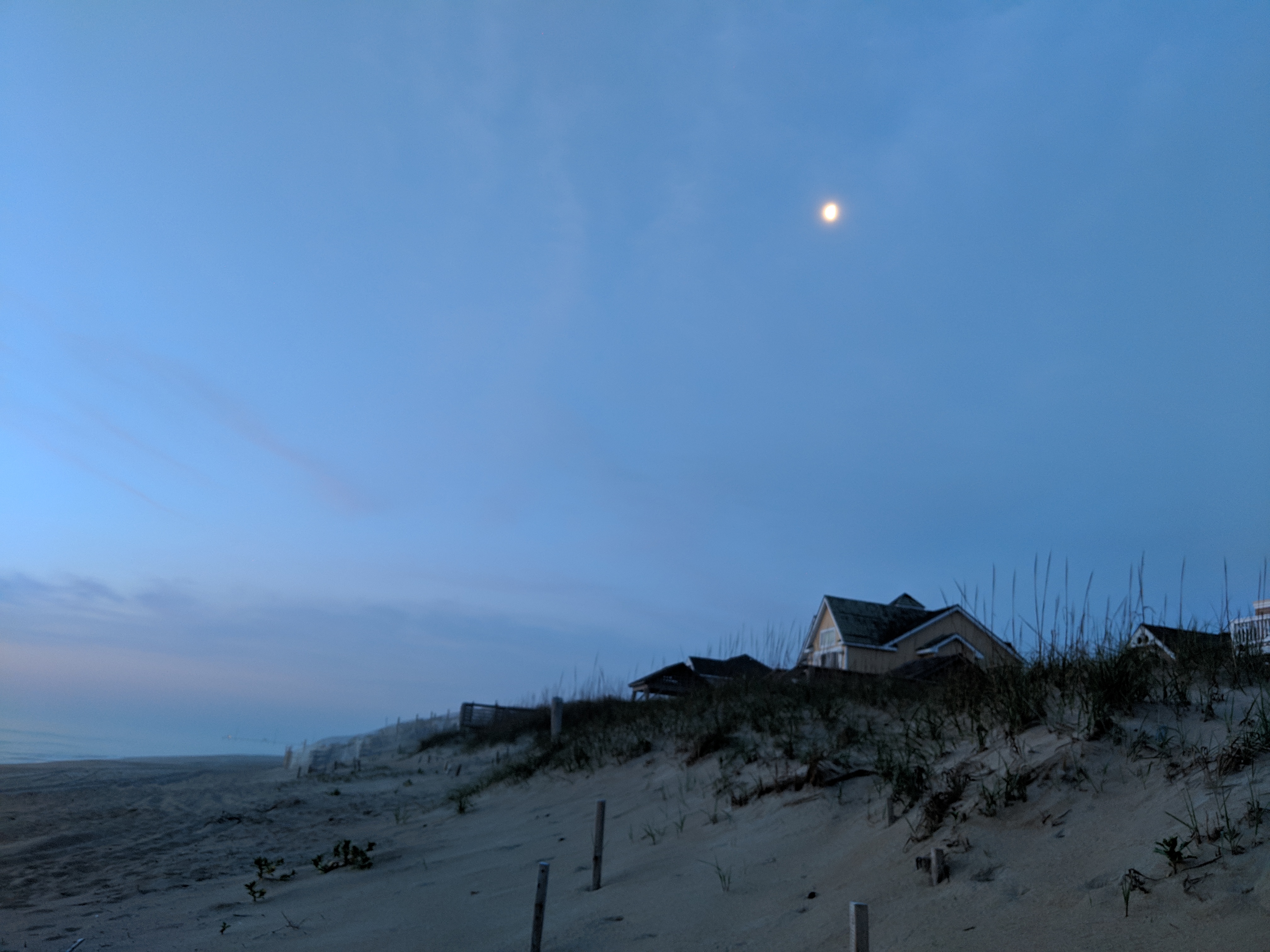it’s mostly political
Oh I gotcha. Interesting. I don’t follow FSF or GNU or anything, do you know if they tend to be antagonistic toward nonfree devs who still try to be as free as possible? Honestly, I read the Stallman quote about FreeBSD in this thread, and a statement from GNU that acknowledges the impracticality of their philosophy, and I kinda agree with their ethical takes. Except, I also think people should be able to install nonfree software, because otherwise you have a pretty bad dilemma with the word “free.”
Ultimately, if they are actively antagonistic toward those who don’t share that philosophy, I think that’s not great. Sure, free software according to the GNU project may be the only ethical one, but we live in a culture that promotes the exact opposite idea, so why would I be surprised and upset when an otherwise ethically acting person doesn’t conform to my own ethical framework, and they go on and create nofree software. I’m still going to get a beer with that person because at the end of the day we probably have common values and how else am I going to sell them the idea free software







but abortion